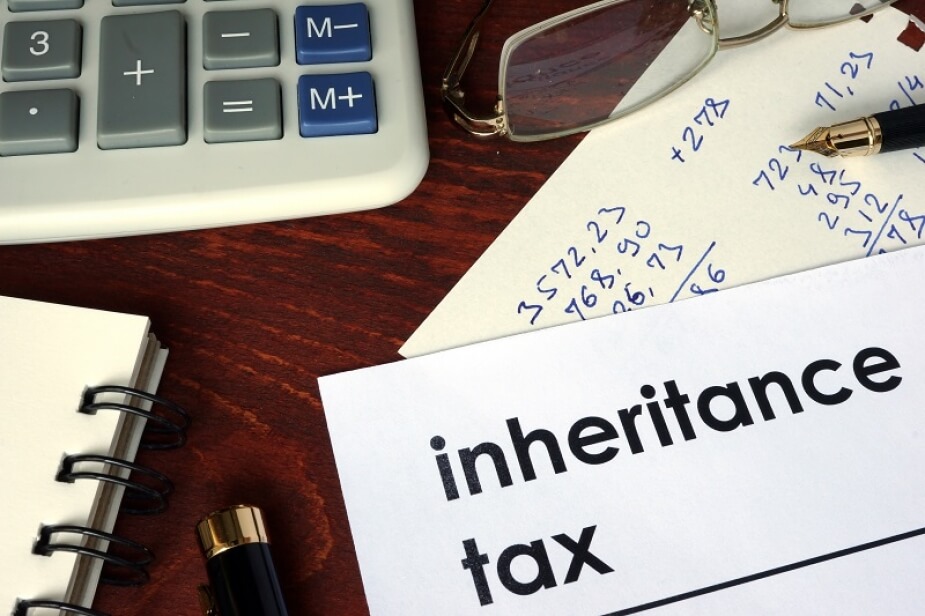Inheritance tax a new approach? Gifts from your surplus income
Following on part 1 of the series by my colleague Alastair Liddiard, this blog looks at one of the most under used gift allowances which can be one of the most generous available for Inheritance Tax Planning, “normal expenditure out of income”.
Many people are aware of the annual exemption which allows individuals to give away up to £3,000 free from Inheritance Tax (IHT) in a tax year. In addition there is also the small gift exemption of up to £250 to individuals. Other exemptions are
available for wedding or civil partnership ceremony gifts, which are exempt from IHT up to certain levels. But perhaps the least known exemption, yet most generous is ‘normal expenditure out of income’.
All exemptions are limited to a maximum amount which can be given away, save for ‘normal expenditure out of income’ which has no limit. In fact, the maximum amount which can be given away depends very much on the financial circumstances of the donor.
How does it work?
The donor must show that the gift meets all three of the following conditions:
- Gifts must be part of normal expenditure – that is to say what is normal for the donor and not the average person. What the Revenue want to see is a regular pattern of such gifts and evidence of it. Individuals should keep documentary evidence of their gifts as well as a letter of intent which sets out the donor’s intentions to make regular gifts.
- To claim the exemption, Personal Representatives (PR’s) must do so retrospectively when submitting the accountfor IHT purposes. It is therefore essential that PR’s are able to validate the claim with sufficient evidence of the gifts.
- Gifts must be from income – although ‘income’ is not defined by the Revenue, it is interpreted as the net income after the payment of income tax, as per normal accountancy rules.
- Generally, taxable income such as salary, pension income, rental income and investment income are considered appropriate for this purpose. The Revenue regard maturity proceeds from endowment policies, inheritances, and withdrawals from an investment bond, amongst others, as capital, and cannot therefore be taken into account when calculating surplus income.
- Gifts must not affect the donor’s standard of living – provided the gift is made from pure surplus income then there should be no detriment to the donor’s usual standard of living. Furthermore, an individual cannot deliberately reduce his or her standard of living just to create surplus income.
- ‘Surplus’ income is considered to be the net income after the payment of income tax, less usual living expenses, i.e. all utility bills, entertainment, holidays, etc.
For example:
Jack had a total net income of £60,000 for the tax year 2010/11. In order to maintain his normal standard of living, his expenditure amounted to £40,000. Jack therefore had £20,000 surplus income and he could give away this sum or any part of it under the normal expenditure out of income exemption. This is of course, provided the other conditions are met.
Although the Revenue would expect to see a pattern of gifts over a period of years it may not always be possible for the donor to give the same amount. There may even be years where it is not possible to give anything away. Despite this, the ‘normal expenditure out of income’ exemption is very flexible and would accommodate such eventualities.
This is an extremely valuable exemption and if worked effectively within the parameters, it allows regular gifts to fall outside of an individual’s estate and reduces their estate for IHT purposes.
If Inheritance Tax is a concern to you, or if you are interested in leaving something to charity in your Will, please do get in touch on 01992 300333.
Please note the contents of this blog are given for information only and must not be relied upon. Legal advice should always be sought in relation to specific circumstances.

